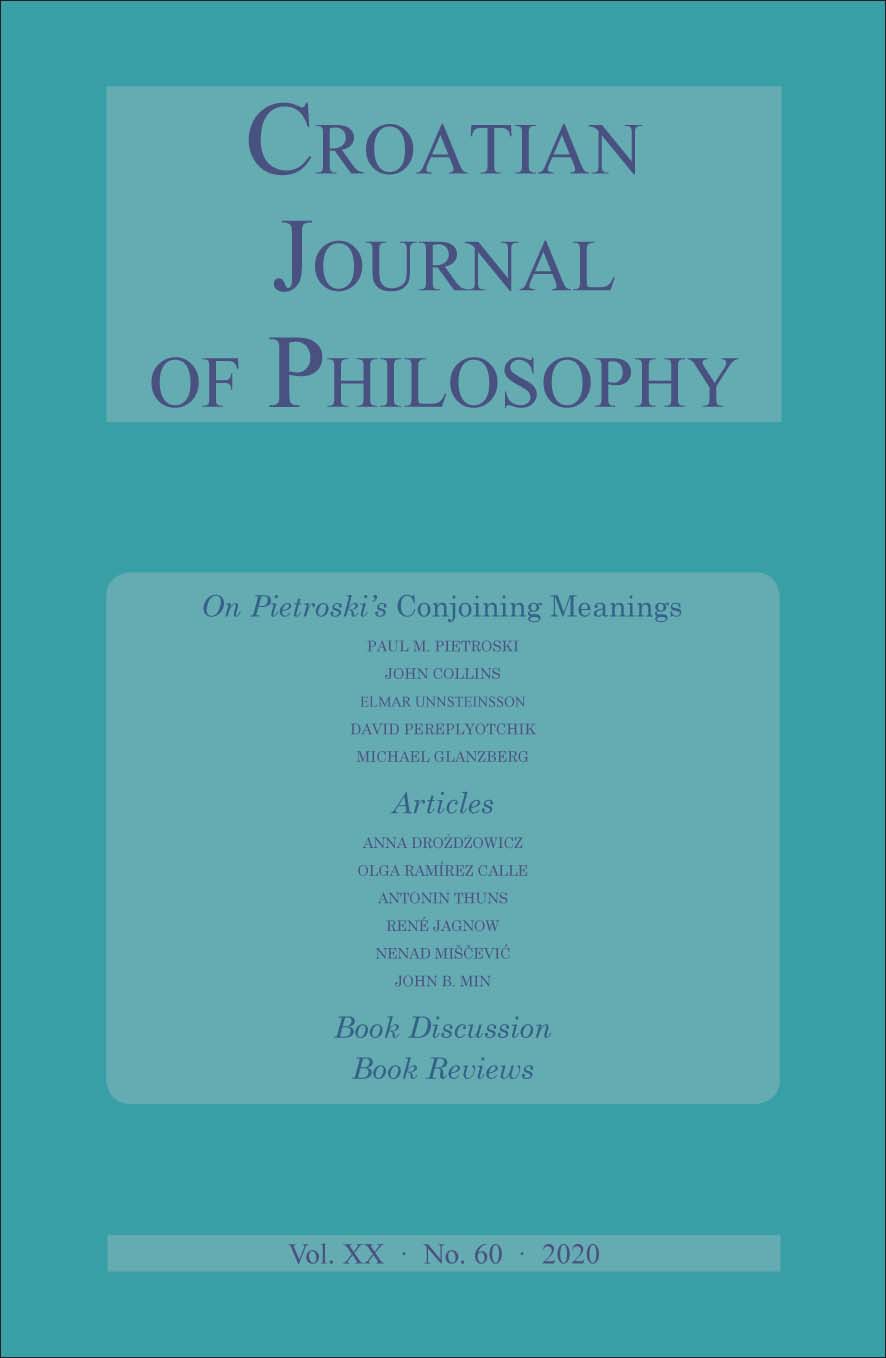Semantic Deference and Groundedness
Semantic Deference and Groundedness
Author(s): Antonin ThunsSubject(s): Epistemology, Semantics, Pragmatics, Philosophy of Language
Published by: KruZak
Keywords: Semantic deference; word meaning; grounding;
Summary/Abstract: Semantic deference allows for the meaning of a word w a speaker uses to be determined by the way other speakers would understand or use w. That semantic deference has some role to play in semantic content attributions is intuitive enough. Nevertheless, the exact conditions under which semantic deference takes place are still open for discussion. A key issue that the article critically examines is Recanati’s requirement that deferential uses be grounded, that is, that deferential uses be linked to non-deferential uses (Recanati 1997; 2000). After distinguishing between semantic and epistemic deference, I submit that the only way to maintain the Groundedness Thesis for truly semantic deference is to allow deference to idealized future linguistic collectives. I conclude that this is too high a price to pay for Groundedness and I suggest that it should be rejected as a semantic thesis.
Journal: Croatian Journal of Philosophy
- Issue Year: XX/2020
- Issue No: 60
- Page Range: 415-434
- Page Count: 20
- Language: English

